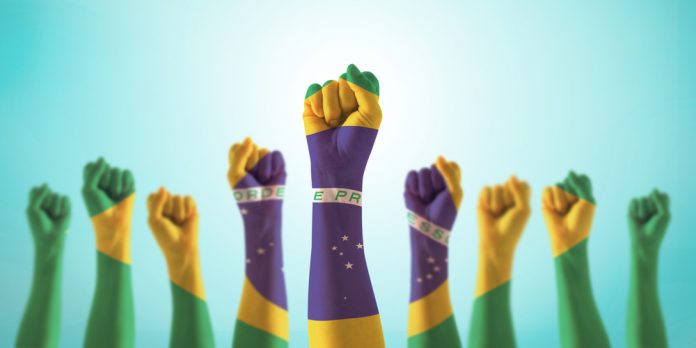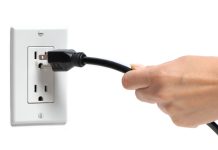February 24, 2022, will go down in history as the day Brazil finally approved a gambling regulation.
In the final hours of the discussion that started on Wednesday afternoon, the Chamber of Deputies took Bill 442/91 to a vote. With 246 votes in favor, 202 against, and two abstentions, the largest country in Latin America has taken a huge step in favor of a legalized gambling industry, one that is expected to compete with the biggest global markets.
Arthur Lira, President of the Chamber, stated moments before the vote that legalization was a “controversial issue” that still needed to be addressed. The deputies in favor of the regulation made it clear that gambling in Brazil already exists, and that this project only establishes the necessary provisions so that the State benefits and puts player protection measures in place.
“The goal is to prevent and protect the players,” said Felipe Carreras, who drafted the bill. “The regulation will allow the state to collect more taxes through the exploitation of games and betting, and will ensure greater resources for the implementation and development of social public policies of the states and municipalities, reinforcing our fiscal federalism.”
Despite attempts by President Jair Bolsonaro, who has assured multiple times that he will veto any regulation, and Deputy Sóstenes Cavalcante’s attempt to eliminate the project, the close vote culminated in a positive response for the industry, which has been fighting for its legality for more than 30 years.
To facilitate the path to approval, Carreras accepted the creation of a regulatory entity that will answer to the Ministry of Economy and that will be in charge of authorizing and licensing gambling activities.
According to the modifications, casino licenses will be granted through a process in which the largest investments will have priority. The same economic group will be prohibited from obtaining more than one license per federal entity and more than five licenses in the country.
On the other hand, there will be a limit of one license per state with up to 15 million inhabitants, two licenses for states with 15 to 25 million inhabitants, and three licenses for those with more than 25 million, although Pará and Amazonas will have other exceptions.
General Overview
The regulation sets the creation of a management software called “Audit and Control System” (SAC), that the Ministry of Economy will be able to use to monitor bets and prize payments. This software must have a cashless system to avoid the use of coins and bills in gaming machines and tables. Additionally, players must be identified with a national document from Brazil, while foreigners will need a passport.
Carreras believes that the legalization could bring in $3.9bn in annual taxes, generate 200,000 jobs and formalize another 450,000.
There will be a Gaming Inspection Rate (Tafija) of $120,000 per licensed domain each quarter for casinos, while online gambling operators will be subject to a $60,000 tax and bingo and jogo do bicho to a $4,000 tax.
The proposal establishes a Cide-Jogos of 17% for all modalities and exempts gaming and betting operators from taxes already in force, such as ISS, PIS/PASEP, and Cofins, IRPJ, and CSLL.
The text of the bill also states that of the resources obtained, 16% will go to the State Participation Fund (FPE), 16% to the Municipal Participation Fund (FPM), 12% to the Brazilian Tourism Institute (Embratur), and 10% to sports programs.
Moreover, 6% will be allocated to public safety, 5% for actions to prevent natural disasters, 5% to rebuild areas affected by natural disasters, 4% for public health, 4% for programs related to gambling, 4% for the National Fund for Children, 4% to finance programs to defend animals and 4% for the Student Financing Fund.
Lastly, there will be an income tax rate for people who obtain prizes will be 20% on net winnings, while it will also be held by the operating entity and there will be an exemption if the value of the net profit is up to $2,000.














